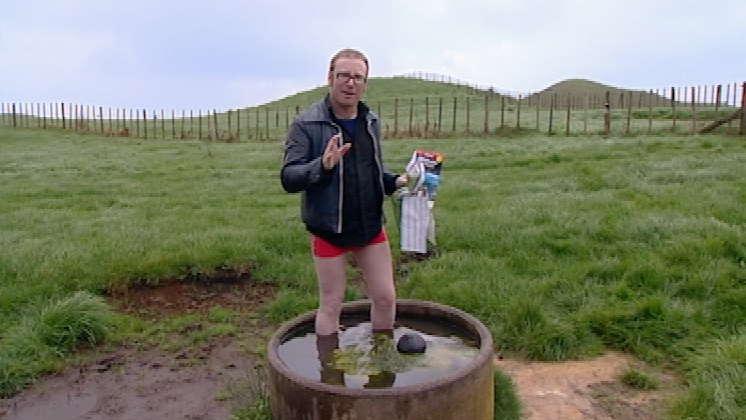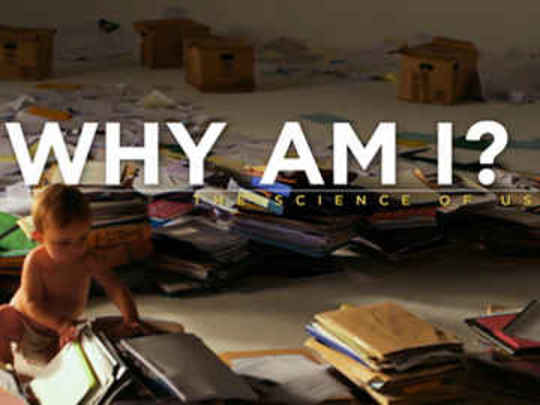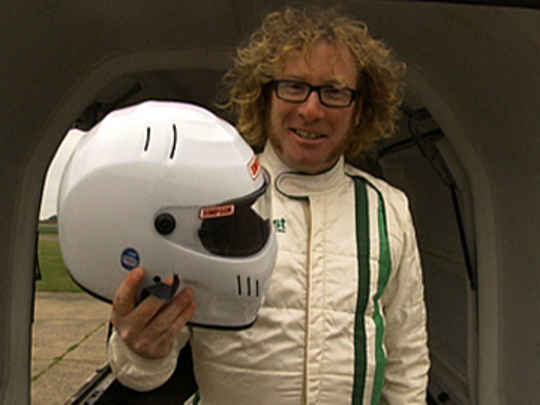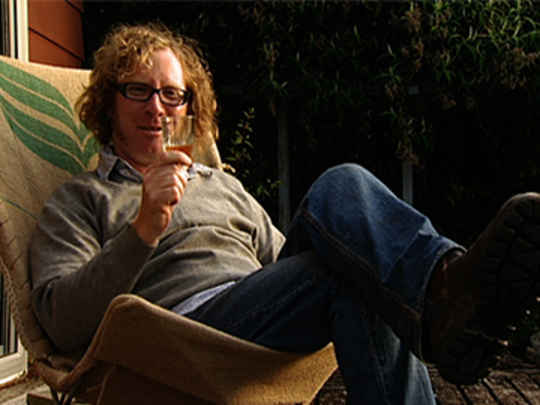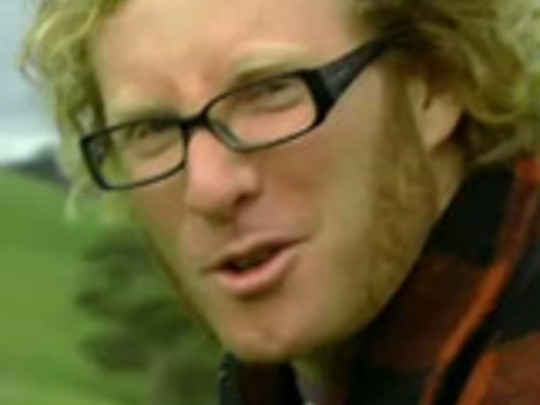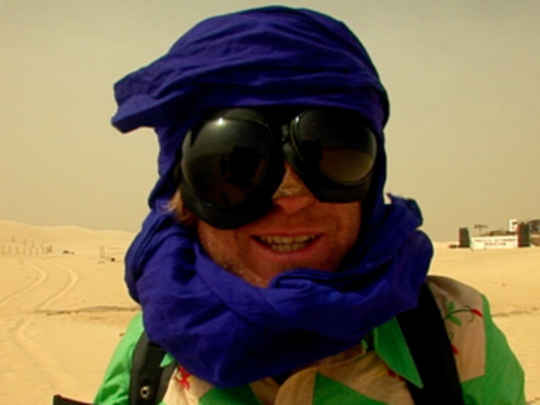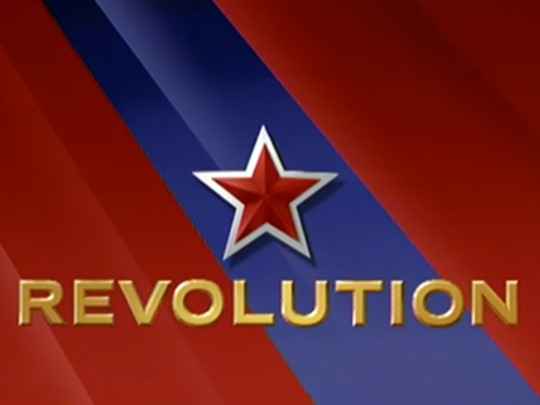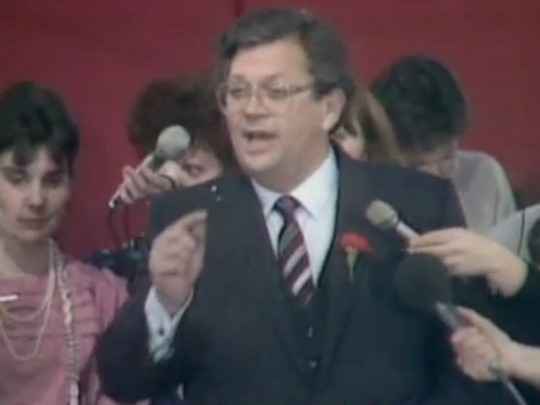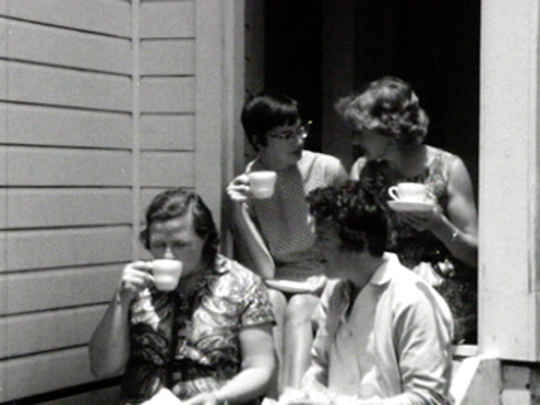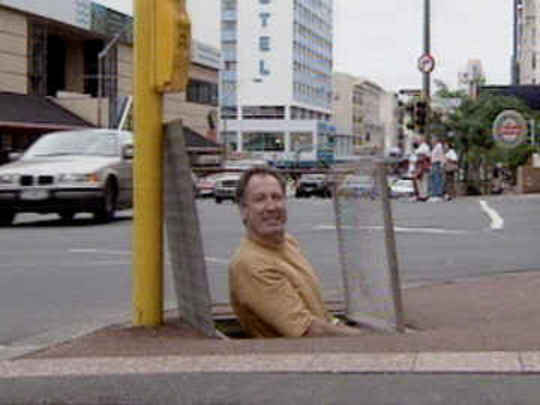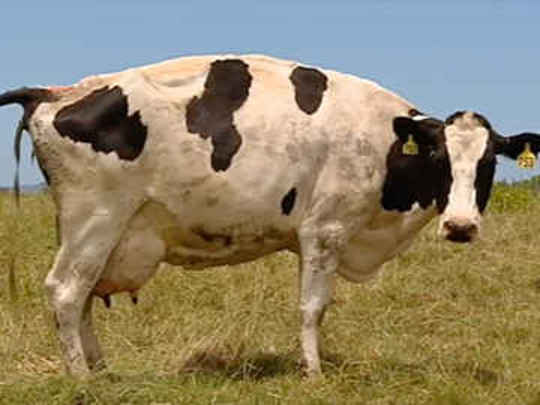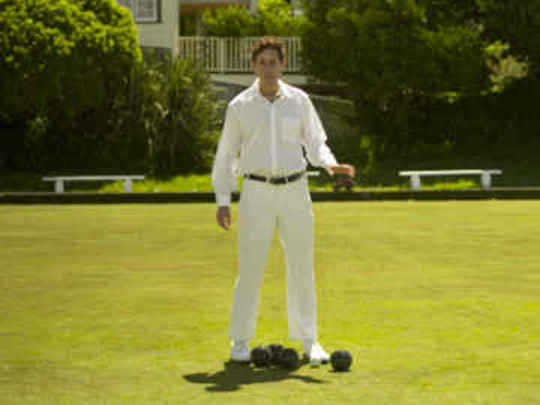Hidden in the Numbers
Television (Full Length Episodes) – 2006
There was nothing happening, absolutely nothing. I mean people were so desperate in Christchurch. where I grew up, that they'd drive their car out and sit near the airport, and watch the planes landing and taking off. I mean can you believe it? And this was their weekend recreation...
– Historian Tony Simpson on suburban New Zealand before the Saturday shopping revolution, in episode three
...In the early 1950s New Zealand was the third richest country in the world in terms of income per head. But the decades after the early 1950s through to about 1990 it was a steady decline, and New Zealand sank to about twentieth in the OECD [Organisation for Economic Cooperation & Development] in terms of per capita income, so it was a big fall.
– New Zealand Institute Chief Executive David Skilling on the country's declining wealth over the decades, early in episode two
That's a pretty sharp decline, and it's a decline that you don't see happening in the US, Australia and the UK, where home ownership rates tend to be either stable or increasing. And the decline of home ownership rates in New Zealand is particularly acute in the under 35 group. So younger New Zealanders are finding it increasingly difficult to get into home ownership...
– New Zealand Institute Chief Executive David Skilling on the country's falling home ownership rates, in episode two
I think young people today also want a lot of things now, whereas my generation didn't, you know, We did what we did, and learnt to save, and got our house and family right before we went and committed ourselves to money.
– 'Repo' man Peter Anderson on the value of money between generations, in episode two
...it seems we're no longer the marrying kind. Visiting the chapel or the registry office is nowhere near as popular as it was a century, or even a generation ago.
– Host Te Radar on New Zealand's declining rates of matrimony, in episode one
I think New Zealand is increasingly two countries; there's a sort of country called Auckland and there's the rest of New Zealand, and there's often quite a disjuncture between what people experience —their consumption, their work, their education in Auckland — and what you see else where in New Zealand. And of course that's built into the public imagery. People talk about that: you go to other parts of New Zealand, and there's a very disparaging view of Auckland...
– Professor and author Paul Spoonley on Auckland and "two New Zealands", in episode one
...perhaps the biggest change came in the 80s with the neoliberal reforms, when government changes led to a lot of closures. So the Post Office you can see over here closed. The police station is only really a branch of Hawera and it's not staffed fully. The Bank of New Zealand which is now part of the Yarrow's bakery along there — that closed — the ANZ bank down there closed. So a lot of services that were here previously are no longer here, and so people now have to travel further distances to Hawera or to New Plymouth to find those things.
– Victoria University geography lecturer Richard Willis on the shock of 1980s reforms in his home town of Manaia in Taranaki, in episode one
See? Anyone can do it. It's a fun, family entertainment: wholesome, compelling...sophisticated.
– Te Radar attempts some roller skating, in order to get back to a simpler, more traditional Kiwi Saturday, in episode three
...people believed that Sunday should be a very different day. Say for example In the Auckland City Council area, the council tied up all the swings in the childrens' play areas until the mid 1930s ... you couldn't even go and have a swing in the park on a Sunday.
– Auckland University History professor Caroline Daley on attitudes to Sundays in the first half of the twentieth century, in episode two
